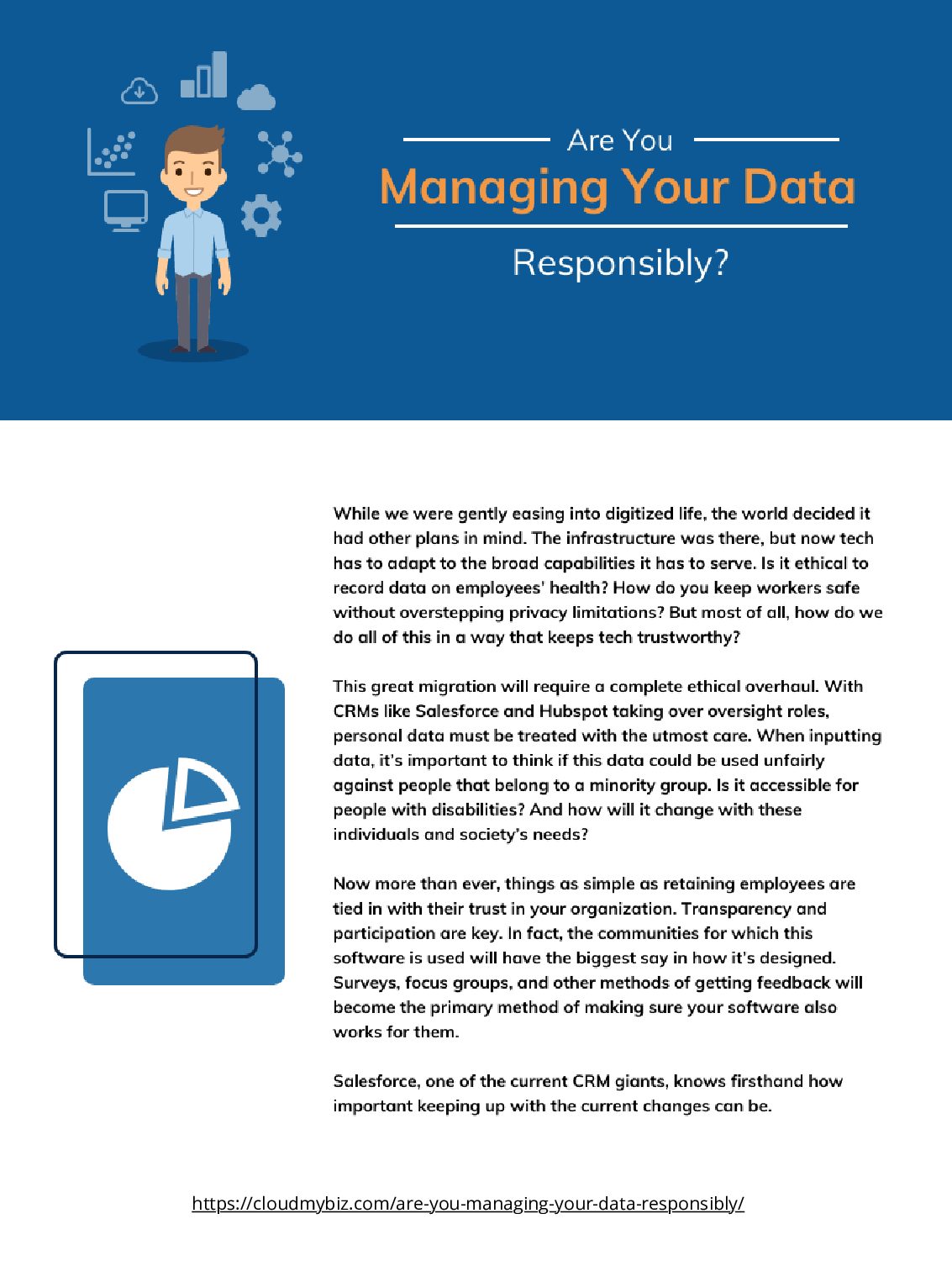While we were gently easing into digitized life, the world decided it had other plans in mind. The infrastructure was there, but now tech has to adapt to the broad capabilities it has to serve. Is it ethical to record data on employees’ health? How do you keep workers safe without overstepping privacy limitations? But most of all, how do we do all of this in a way that keeps tech trustworthy?
This great migration will require a complete ethical overhaul. With CRMs like Salesforce and Hubspot taking over oversight roles, personal data must be treated with the utmost care. When inputting data, it’s important to think if this data could be used unfairly against people that belong to a minority group. Is it accessible for people with disabilities? And how will it change with these individuals and society’s needs?

Now more than ever, things as simple as retaining employees are tied in with their trust in your organization. Transparency and participation are key. In fact, the communities for which this software is used will have the biggest say in how it’s designed. Surveys, focus groups, and other methods of getting feedback will become the primary method of making sure your software also works for them.
Salesforce, one of the current CRM giants, knows firsthand how important keeping up with the current changes can be. They have five pieces of advice to responsibly manage data in this article by World Economic Forum.

CEO of CloudMyBiz Salesforce CRM consulting services with a deep knowledge in the lending industry. Taking keen interest in the project management side of operations, playing a vital role in the 31% YOY company growth. Strategic leader, mastering the ability to problem solve at every level of the business, providing effective solutions for clients.

